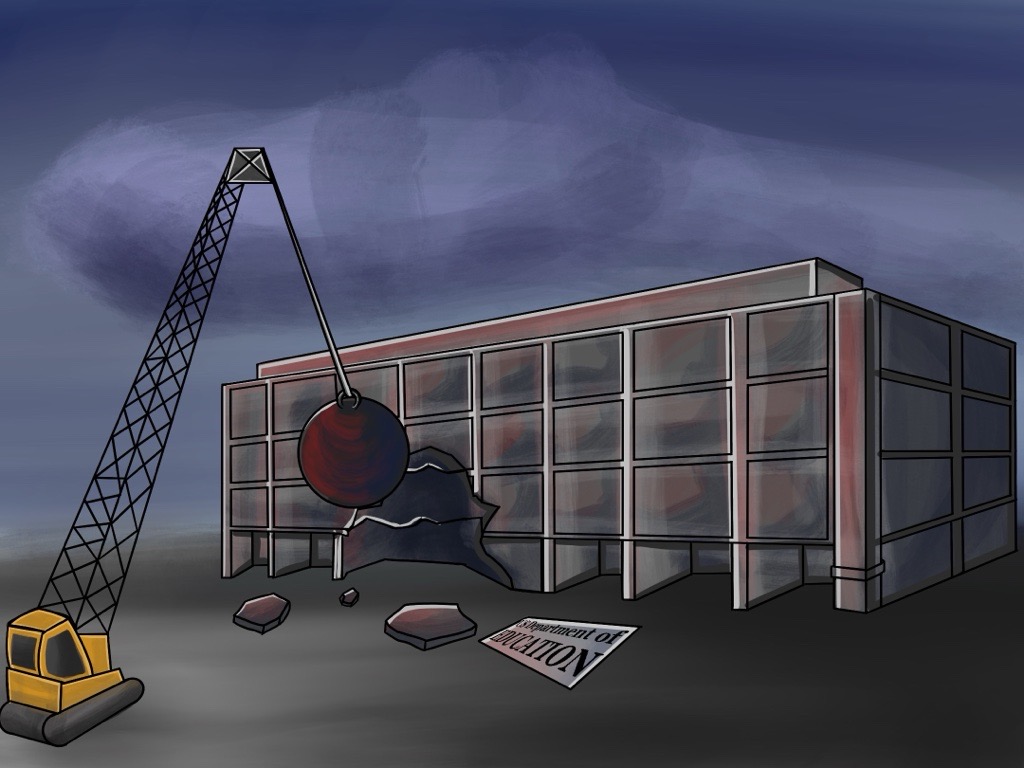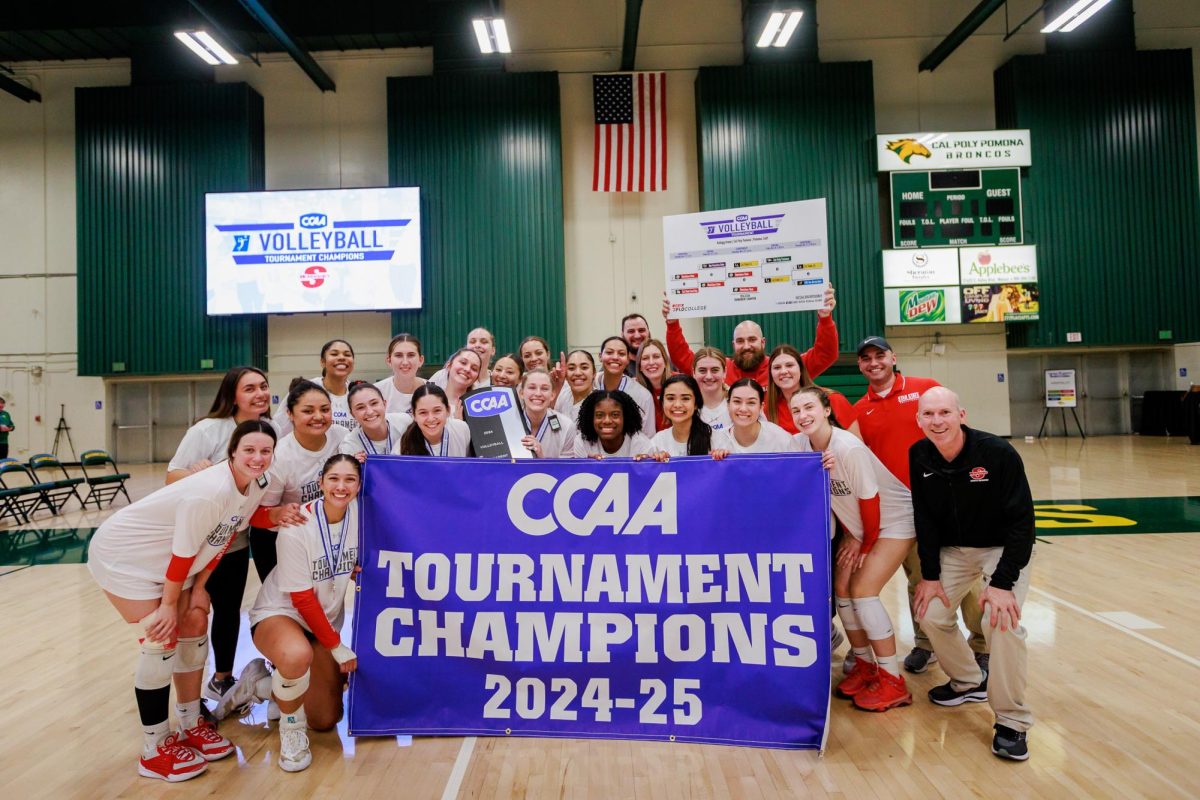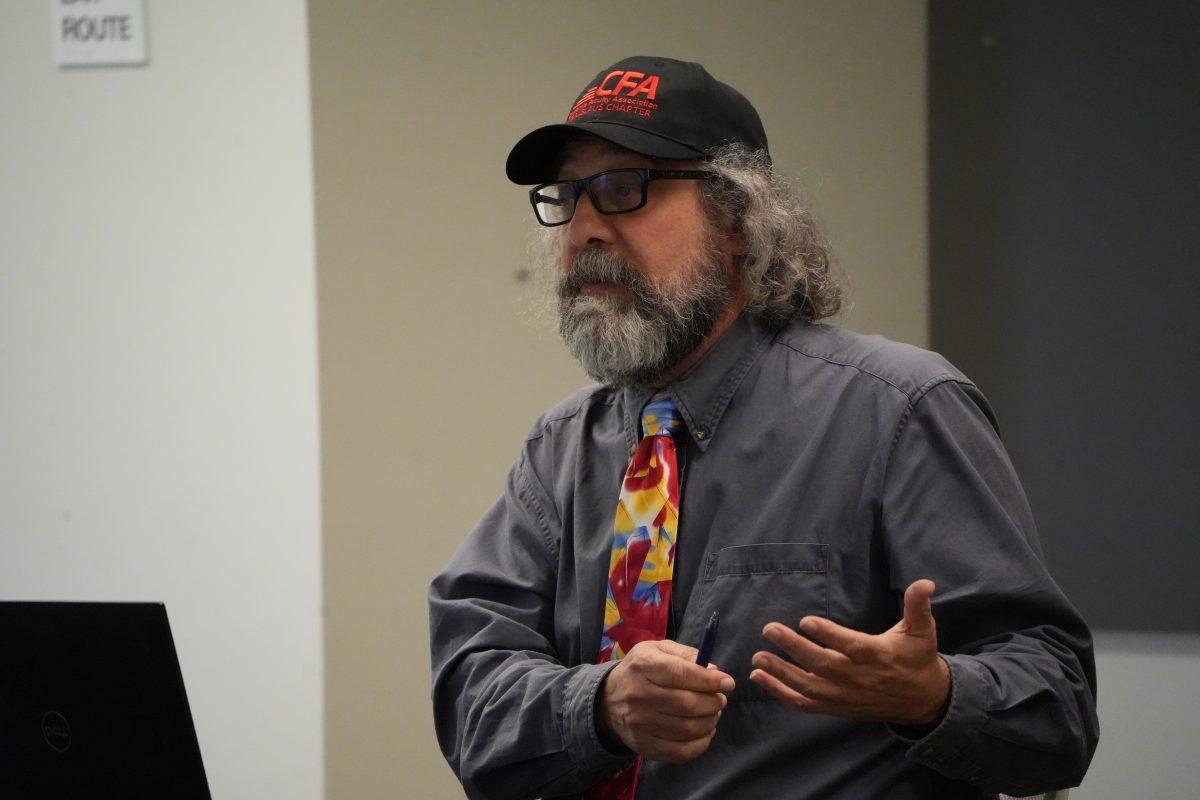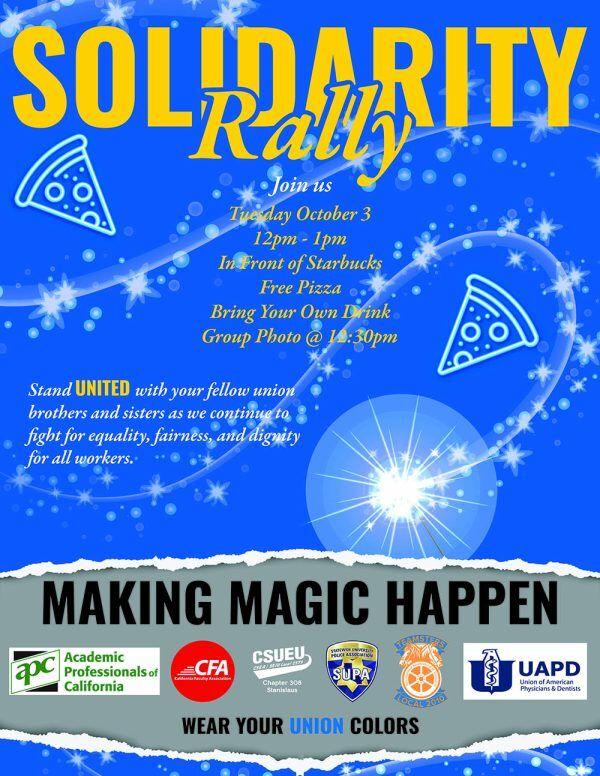California State University Stanislaus (Stan State) professors Dr. Aletha M. Harven, Psychology/ Child Development, Dr. Xamuel Banales, Ethnic Studies, and Dr. John Kinkaid, Sociology, hosted a documentary viewing and discussion on the injustice and hate that happened in Charlottesville, VA in early August.
The open discussion took place September 6, on campus in Demergasso-Bava Hall (DBH) room 104 at 3:30 p.m. where over fifty students attended.
The event started with the documentary Charlottesville: Race and Terror from Vice News on HBO. During the video, students were attentive as they watched the disturbing images of the up-close and personal access correspondent Elle Reeve from “VICE News Tonight” had with white nationalist leaders.
Such leaders included Christopher Cantwell, Robert Ray, David Duke, and Matthew Heimbach. Reeve was given the opportunity to go behind the scenes and interview these white nationalists, Charlottesville police officers, and also spoke with members of the Black Lives Matter movement.
The documentary focused on the “Unite the Right” rally where hundreds of white nationalists, “alt-righters,” and neo-Nazis participated in Charlottesville, VA.
Cantwell spoke about his thoughts and logic based white supremacist ideology. The video also expressed very explicit content and commentary which included the tragic hit-and-run in a Charlottesville protest that left 32-year-old Heather Heyer dead and more than 19 other counter protesters injured by James Alex Fields Jr.
In the discussion, Dr. Harven, Dr. Kinkaid, and Dr. Banales asked the students about their thoughts on the video. Most students described their initial reactions as “shocking”, “eye-opening”, and “disgusting.”
Marivi Gonzales (sophomore, Sociology) expressed her thoughts on these controversial issues by stating, “Before the documentary, I just went off of the media, and I figured it was just another terrorist attack and didn’t think much about it until I saw how the white supremacist [Christopher Cantwell] was talking about it in the video. And, it was a surprise how he justified the actions of the man that did the hit-and-run by saying that the protesters were hitting his car and provoking him. I thought that was crazy.”
Daniela Sepulveda (senior, Communication Studies) expressed her thoughts on the Charlottesville incident as well.
“What happened in Charlottesville was devastating,” Sepulveda said. “The video, to me, was an act of terror to people of color. It was the first time that I thought of our country moving backwards. The fact that people are being targeted for their skin color is not what our country is about. Yet, we continue to hear about it and see it. Unfortunately, a girl lost her life that day, but her act of bravery has motivated many to let our voices be heard and bring unity and equality to our country.”
Questioned asked during the discussion were based on the idea of who white supremacy appealed to.
Most of the people that it appealed to were said to be young, well-educated white men who are not afraid to express their sentiments and pride. Politicians were also thought to be susceptible to the ideology in that they are less afraid to be affiliated with these groups of people since they hold positions of power.
“One of the reasons why we can say white supremacism now and talk about it openly is because white power in general is all made up of white political power and economic power,” Dr. Kinkaid said. “In sociology, we have a term for those kinds of systems of power that we call hegemony, meaning a system of power that is almost invisible because it is so ingrained in our everyday society.”
The discussion continued with Dr. Banales who offered campus solutions to this problem such as murals depicting the diversity of students at Stan State, a statue that honors Stanislaus and highlights aspects of the indigenous parts of the land, and hosting film festivals that bring critical films to highlight possibilities of social change.
“This is something that, as young people, you can do on your own. You don’t need permission from a professor to tell you what to do,” Dr. Banales said.
The discussion ended with the question, “How can we generate more love?” Dr. Banales responded with, “First, do you love yourself? Because it has to begin with you. You do this by humanizing and challenging yourself with these deep principles.”
If interested in viewing the full documentary from this discussion, click here.
This video can also be found on YouTube as well as the VICE News website.
Categories:
Race and terror documentary opens discussion for Stan State
Marisol Ochoa
•
September 13, 2017
Over fifty CSU Stanislaus students and staff attended the open forum on Wednesday, September 6. (Signal Photo/Marisol Ochoa)
0
More to Discover







